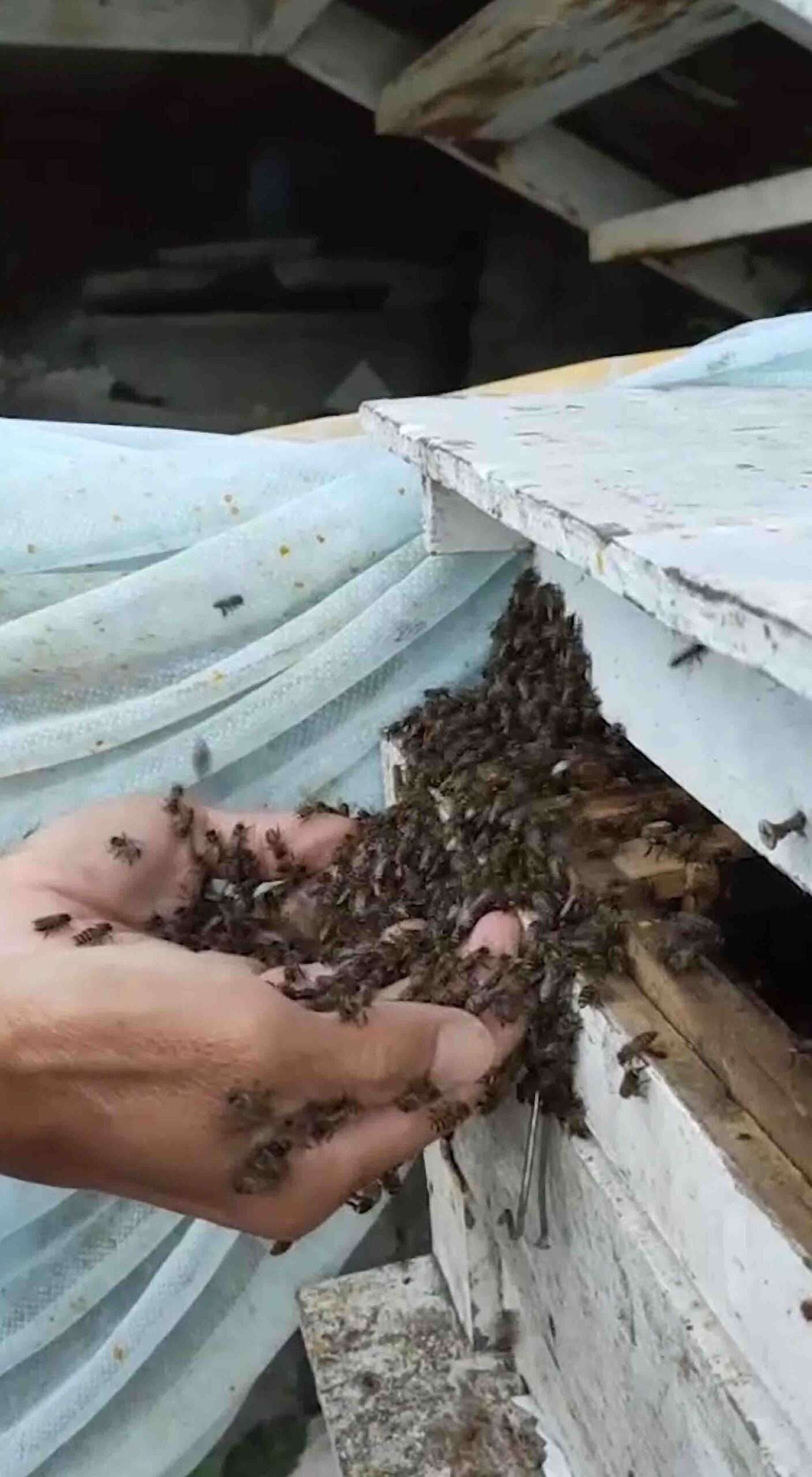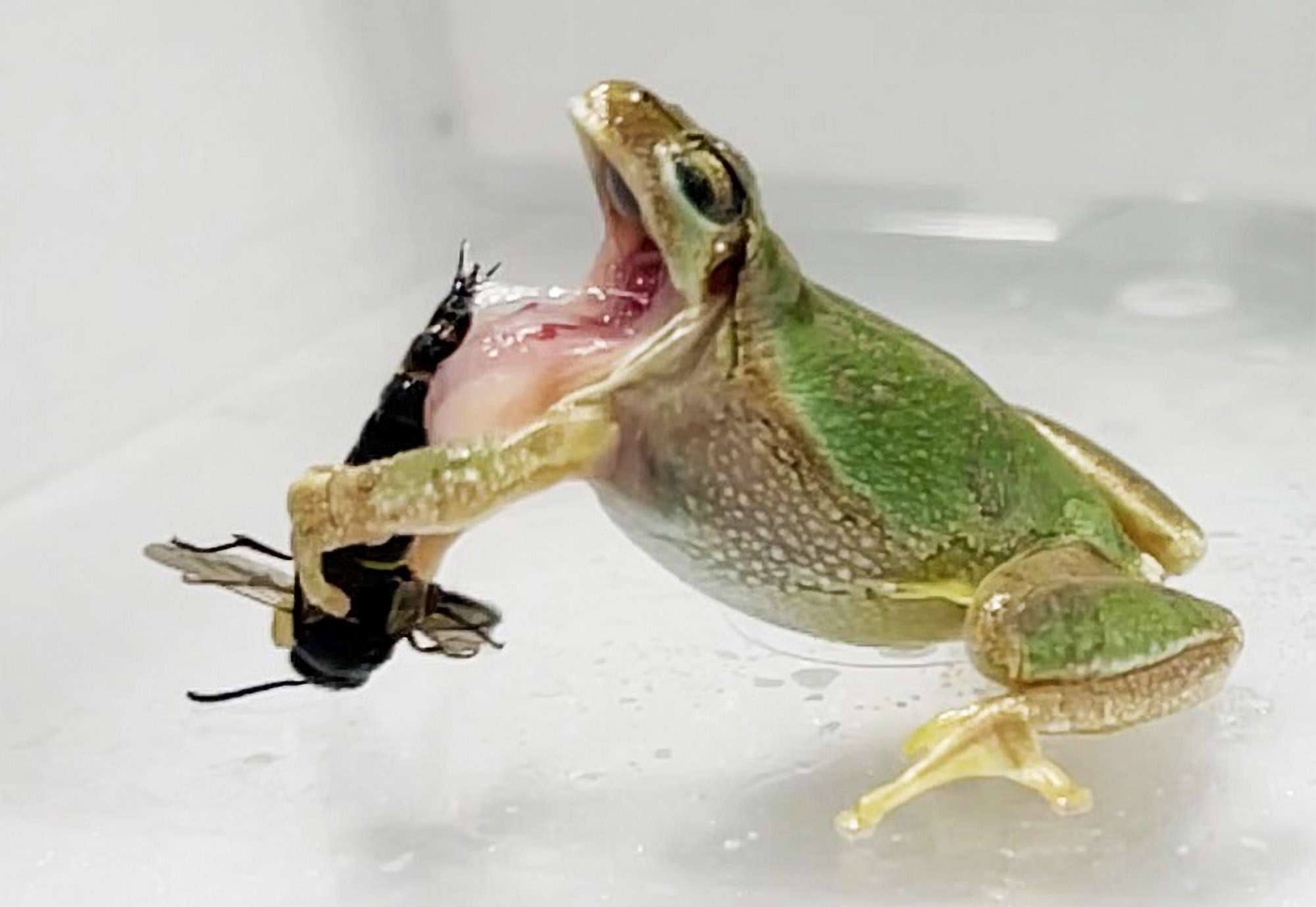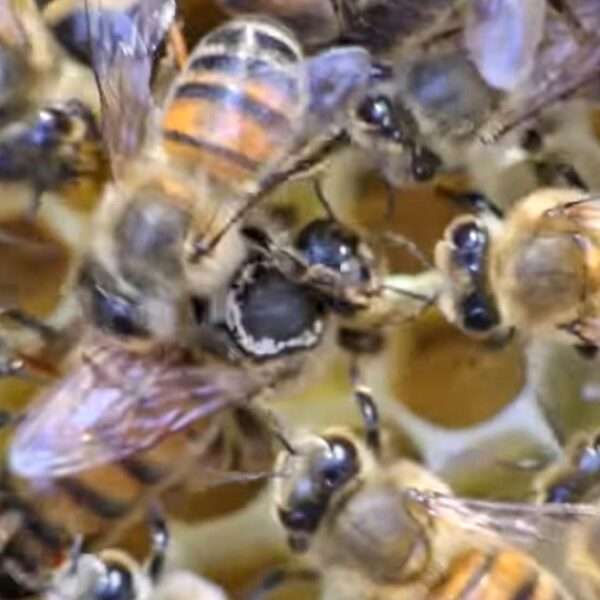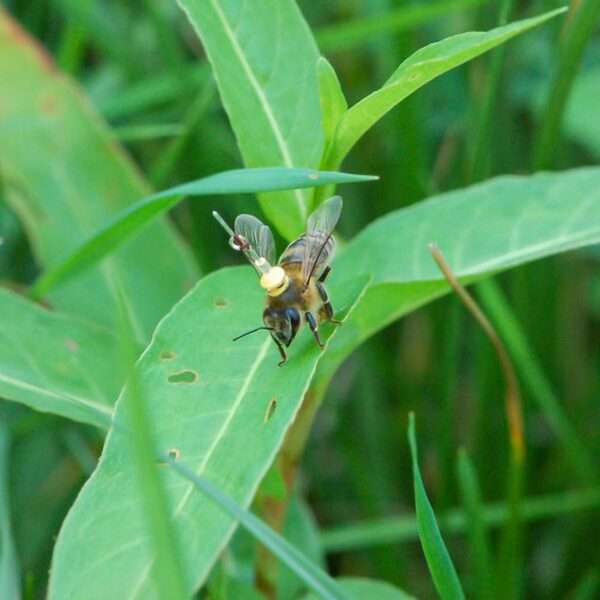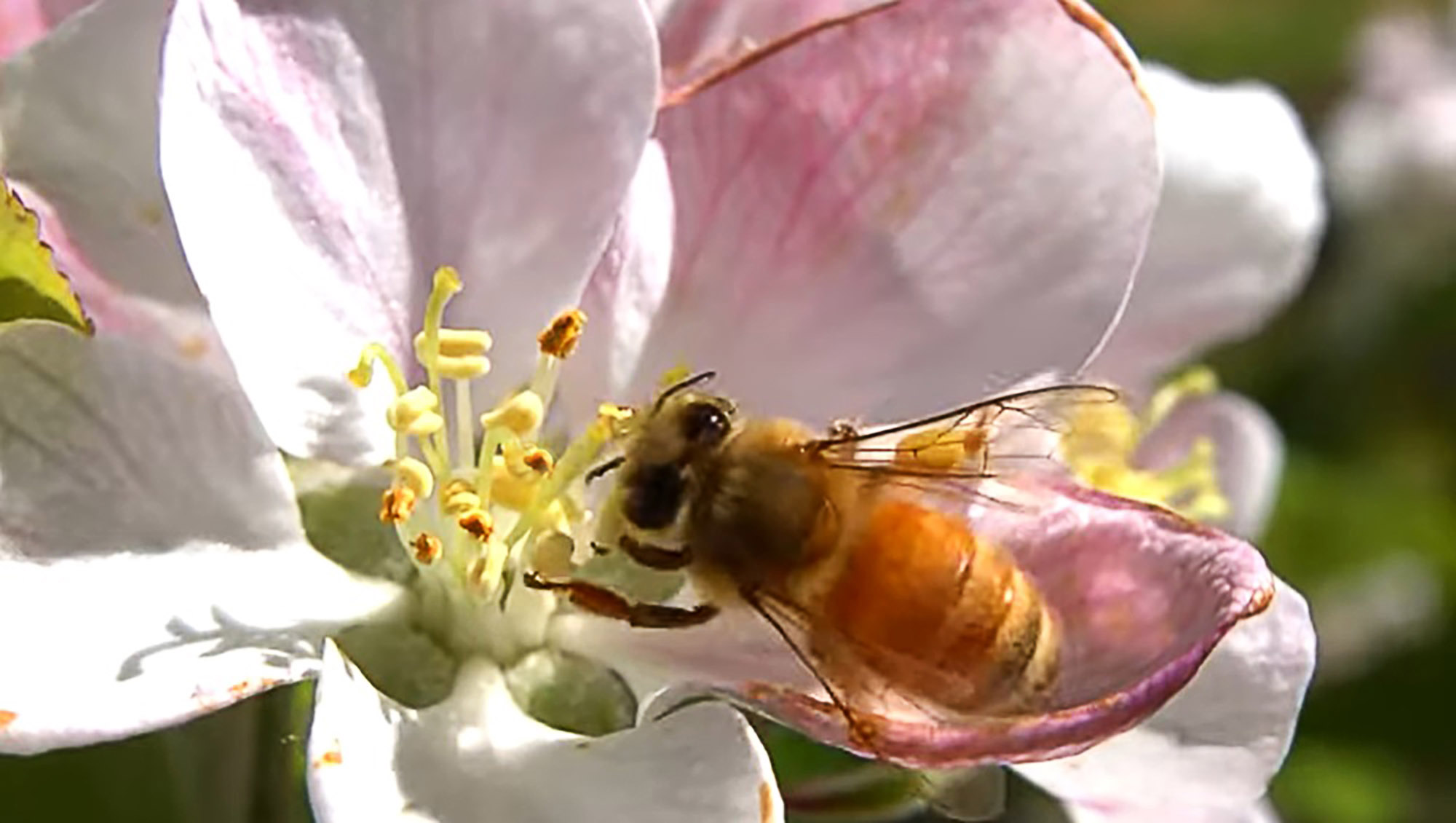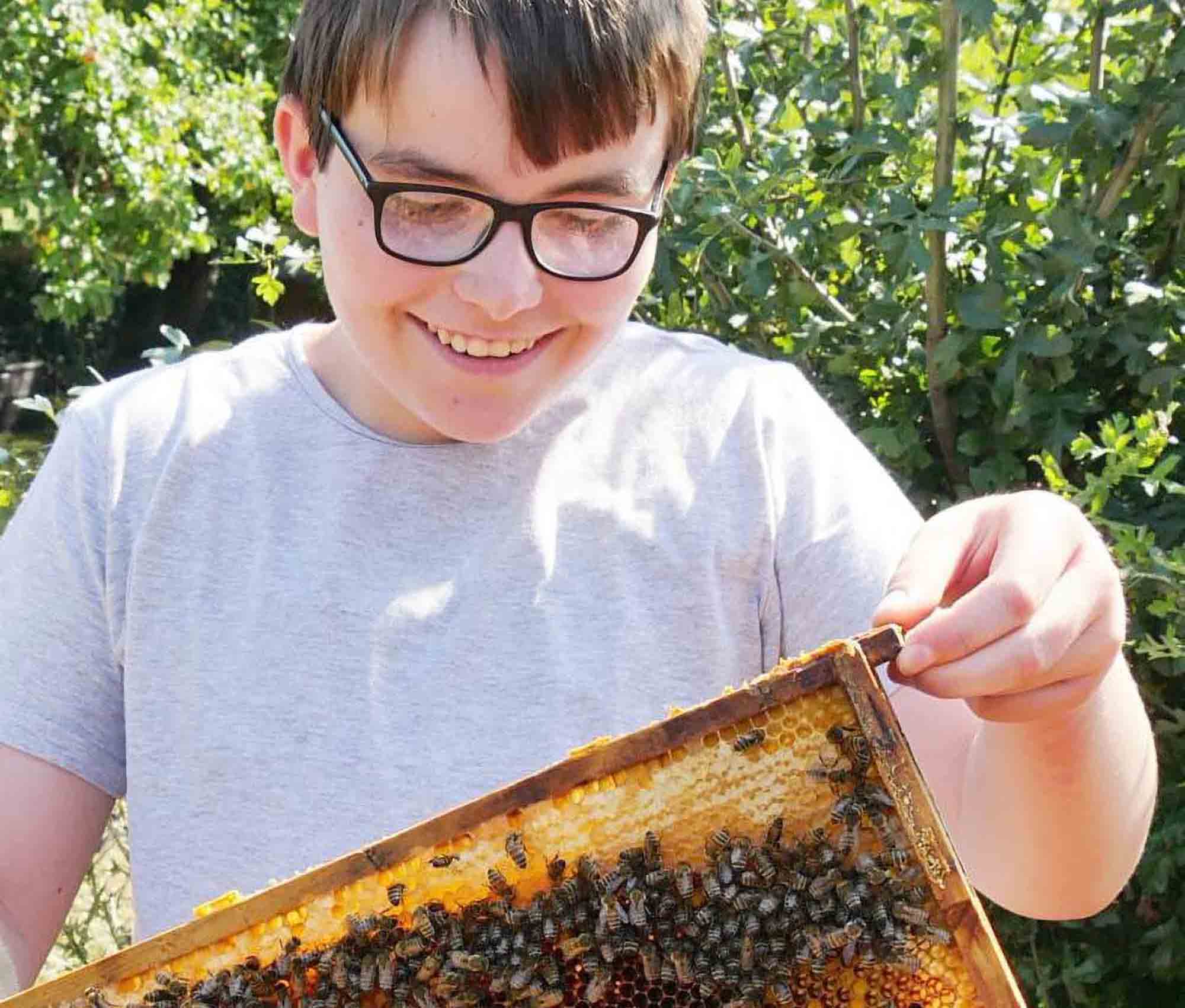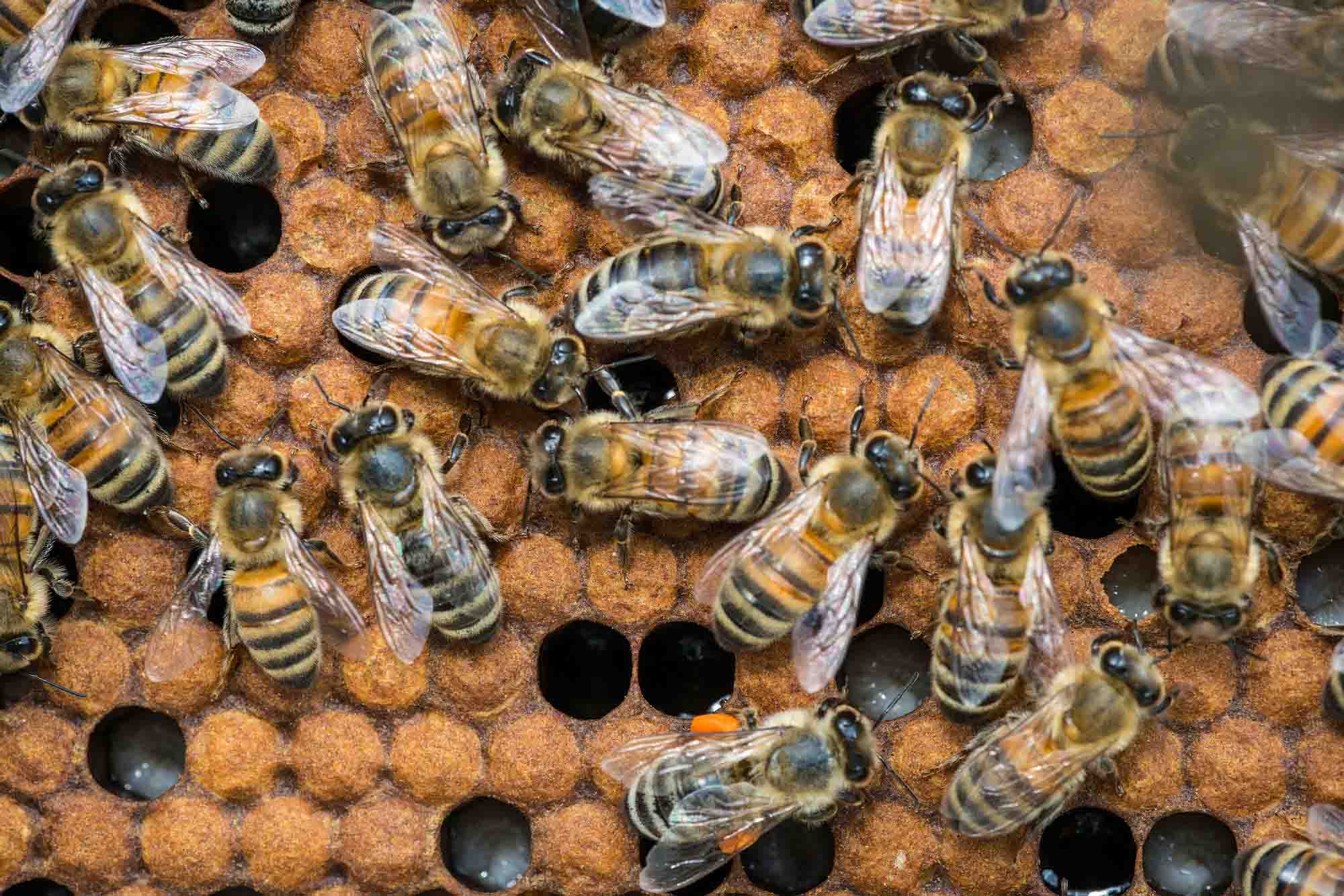An invasive insect species which spreads across Europe to eat and kill bees benefits from this winter’s remarkably high temperatures, an expert has warned.
This winter, Germany and other Central European countries have experienced some cold periods with sub-zero degrees. However, there have also been several weeks of astonishingly mild conditions.
Dr Christoph Otten – who heads the Centre for Bees and Beekeeping in Mayen, Rhineland-Palatinate – told broadcaster SWR that the Asian hornet (Vespa velutina) is expected to keep spreading quickly across the continent because of the high temperatures.
The first report about the predatory wasp in Europe dates back to 2004 when the insect emerged in southeastern France. The insects – which are indigenous to Southeast Asia – build swarms before attacking honeybee colonies in and around their hives.

Dr Otten said local ecosystems will seriously be affected by the invasion.
The expert urged anyone witnessing what could be an Asian hornet to inform local wildlife experts or send a message to the region’s ArtenFinder animal observation platform.
Dr Otten said the first sighting of an Asian hornet in the southwestern state dates back to 2014.
Asked by the SWR to describe Asian hornet nests, the apiologist said: “They are hanging in treetops. A nest is about as big as a medicine ball.”
Dr Otten recently announced that German beekeepers had “a good season” – despite the summertime heatwave, the application of pesticides and other harmful aspects.
He informed that apiarists across the country produced 37.2 kilogrammes of honey on average per colony in 2022. According to Dr Otten, this had been a year-on-year increase of 8.9 kilogrammes.
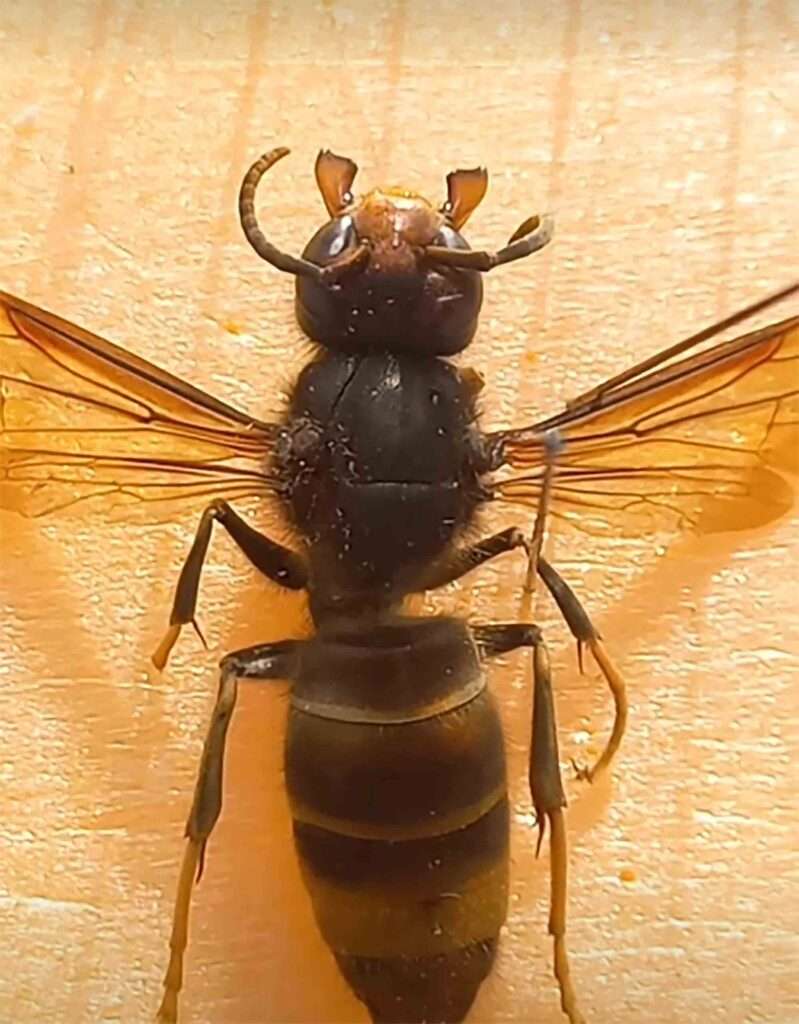
Dr Otten said his figures were based on a survey among 15,700 professional and amateur beekeepers.
He concluded: “It was a good season. German beekeepers are satisfied.”


